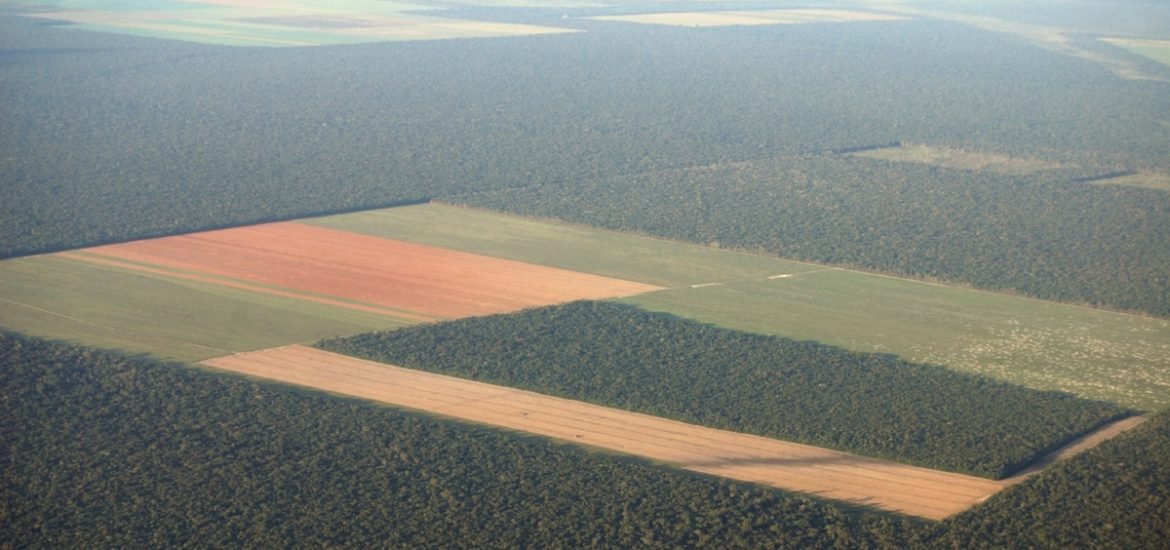
According to a new study published on August 13 in Nature Ecology & Evolution, tax havens may play a major role in facilitating deforestation and illegal fishing (1). A brief report was also published in Nature News & Comment. The release of classified documents, such as the Panama papers, has shed some light on how the funds, often “dirty money,” of tax havens — countries or jurisdictions that offer very low tax rates and little or no reporting requirements surrounding financial activities — are being used.
The analysis claims that tax havens are essentially facilitating the destruction of the environment, in particular, two major ecosystems: the ocean and the Amazon rainforest. Lead author of the study Victor Galaz, of the Stockholm Resilience Centre at Stockholm University, told the Guardian, “The use of tax havens is not only a sociopolitical and economic challenge but also an environmental one. While the use of tax haven jurisdictions is not illegal, financial secrecy hampers the ability to analyse how financial flows affect economic activities on the ground, and their environmental impacts.”
Researchers found that 70 percent of 209 ships flagged as being involved in illicit fishing were under the jurisdiction of tax havens, mainly Belize and Panama, two of the so-called ‘flags of convenience’ states, which simply means that fewer penalties are imposed on shipowners in these states who break international laws. Thus, unregulated fishing practices continue to operate unhindered mainly owing to huge variations in the monitoring and regulation of fishing between different jurisdictions. In addition, there is often a highly convoluted chain of ownership which allows fish merchants to trade outside regulations that were designed to prevent overfishing.
The study also found that 68% of foreign-cash transfers between October 2000 and August 2011 paid into nine large companies involved in beef and soy production operating in the Amazon came from tax havens. This amounted to almost $27bn of foreign capital being transferred to the key companies causing major deforestation in the Amazon region of Brazil, with around $18.4bn being traced back to tax havens, most of them operating in the Cayman Islands.
Andrea Marandino, sustainable finance manager at the World Wildlife Fund told the Guardian, “Nature is facing unprecedented threats as we continue to take more resources from the world’s richest natural areas. Tax havens make it very difficult to track international flows of capital and that means there is no accountability.” She also said, “If we are to secure a future for areas like the Amazon, we need to see greater corporate transparency and traceability of flows of capital around the world that fund the destruction of nature.”
Until now, the environmental impact of tax havens has been largely ignored, despite tax havens continuing to protect unethical fisheries and fund other environmentally damaging industries. Unfortunately, these actions are not technically illegal, even though the unreported and unregulated fishing, as well as many other activities being funded by these accounts, are.
Such unethical behaviours can only be halted if governments take action by forcing companies to make their financial flows more transparent. Studies like these at the very least bring these issues into the global spotlight.
(1) Tax havens and global environmental degradation. Galaz V. et al. Nature Ecology & Evolution (2018). DOI: 10.1038/s41559-018-0497-3